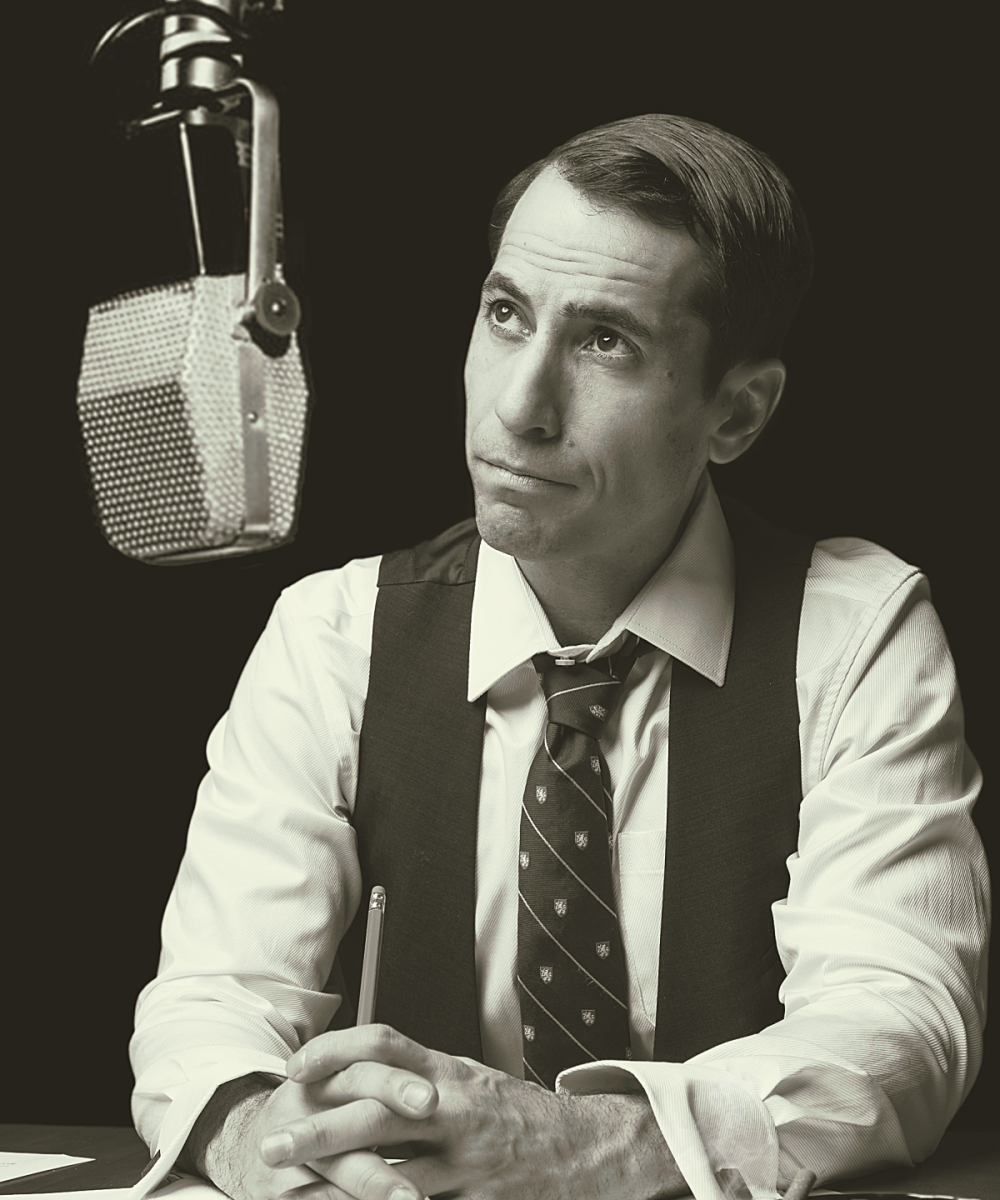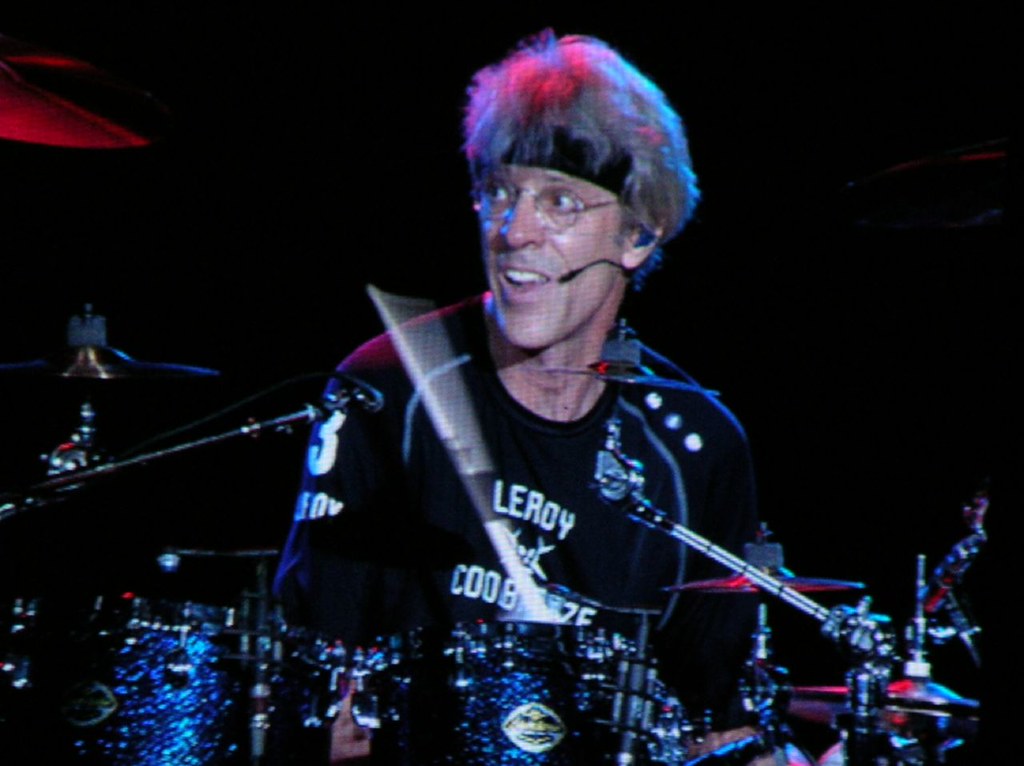The struggle between light and darkness is one that has existed for many years.
Post-modern art has been exploring the idea of the anti-hero for decades, and “In Arabia We’d All Be Kings” continues that tradition, sort of.
The darkest, most realistic of the Meadows Repertory shows, “Arabia” delves into the shadows of New York City before the rise of all things clean and Disney.
It focuses on several characters, who are all severely flawed. From the heinously selfish to cokeheads and sadists, the only redemption these characters appear to experience is death.
Unfortunately, the play is in some ways outdated, and many of the situations seem brutal for the mere purpose of being brutal.
The ending of the first act and the second act are jarring, without being thought provoking and the uncomfortable moments don’t add any amount of worthwhile depth.
That being said, the students in and running this show have handled it masterfully. With Chris McCreary directing an extremely talented cast, the show manages to remain entertaining, and the characters are anything but one-dimensional.
The always-funny John Paul Green plays the oldest character in the show and is asleep at the bar on stage when you walk into Black Box Theater. He wakes up just enough in the show to add plenty of drunken, yet earnest commentary.
Chickie and her boyfriend Skank are the main characters of the show, played by Kristin Frantz and Isaac McGinley.
Just as any good anti-heros would, they manage to avoid development over the course of the play – and that is a compliment.
They are both drug addicts with big hearts, but somehow the actors are able to make even their compassion look foolish.
The rest of the show is pretty good. Kyndra Mack makes the somewhat bland character of Daisy vibrant, and Mimi Davila plays Demaris with a pleasant mixture of sex, anger and bright-eyed naivety.
Perhaps, though, the real hero, or anti-hero is found in Charlie, played by McLean Krieger – the only character without obvious flaws.
He is an adorable Star Wars fanatic, hopelessly in love with Chickie, spending time and money taking care of her.
It seems that the obvious ending for the play would’ve been when he dons the Darth Vader mask – but the actual final scene feels contrived and pointless.
Perhaps though the point of the play isn’t to add any sort of clear voice into the cultural dialogue, or maybe it had more impact in 1994.
After all, a very clear picture of life in the seedy streets of New York City is presented.
This play is ultimately just a presentation of that life and the people who inhabit it, without judgment, but also without unjustified love.
In fact, the strongest display of love that exists in this play is the obvious amount of care that the production staff put into “Arabia.” But the script itself doesn’t seem to carry its weight.
Fortunately for this repertory show, that care brings it to life and all life is worth living.
Be aware that this is written by a critic. See the show for yourself and form your own opinion.












